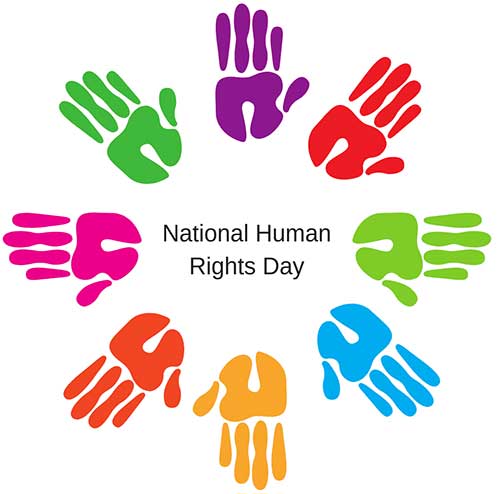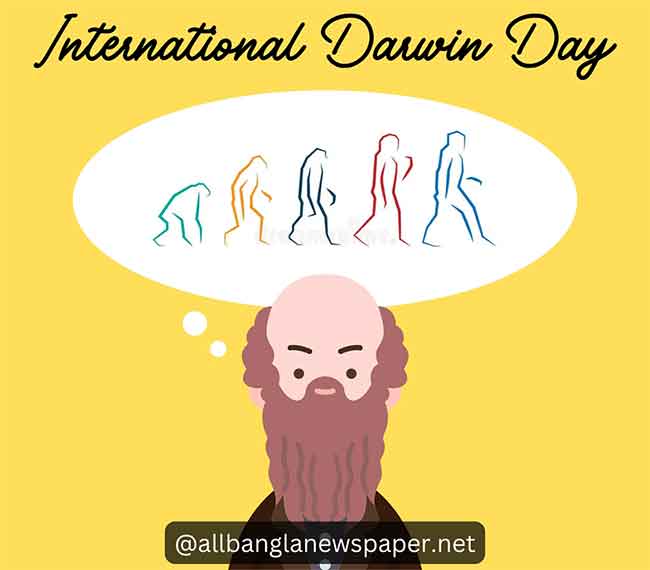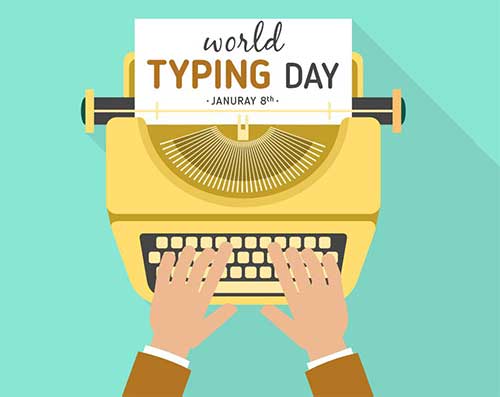
International Human Rights Day is an international observance celebrated every year on December 10 to commemorate the Universal Declaration of Human Rights (UDHR) adoption by the United Nations General Assembly in 1948. This historic document laid the foundation for the universal recognition of fundamental human rights, transcending boundaries of culture, nationality, and belief systems. The day serves as a reminder of the ongoing commitment to uphold and promote the rights and freedoms that every individual is entitled to simply by being human.
The UDHR, a milestone document in human history, was drafted by representatives from diverse legal and cultural backgrounds. It sets out universal values and a common standard of achievement for all peoples and nations. The principles enshrined in the UDHR include the rights to life, liberty, equality, and the pursuit of happiness and freedom from oppression, discrimination, and violence. These principles have become a cornerstone for international human rights law and a guiding framework for nations worldwide.
The Historical Significance of Human Rights Day
The declaration of Human Rights Day in 1948 marked a turning point in global efforts to foster peace, justice, and equality. The aftermath of World War II exposed the devastating consequences of intolerance, discrimination, and human rights abuses. The UDHR was born out of a collective determination to prevent such atrocities from recurring and to create a world where dignity and rights are upheld for all.
Eleanor Roosevelt, one of the key architects of the UDHR, described it as "A Magna Carta for all mankind." The declaration has inspired countless individuals and movements to challenge oppression and advocate for justice. Human Rights Day is a time to honour these efforts, reflect on progress, and address ongoing challenges.
Why Human Rights Matter Today
Human rights are the foundation of a just and equitable society. They ensure individuals can live with dignity, free from fear and want. In today's interconnected world, upholding human rights is more pressing than ever. Poverty, inequality, conflict, climate change, and the digital divide highlight the need for collective action and accountability.
One of the key themes of Human Rights Day is inclusivity. It emphasizes that human rights are universal and indivisible, applying to everyone regardless of race, gender, nationality, religion, or socio-economic status. Upholding these rights benefits individuals and contributes to social stability, economic growth, and sustainable development.
Key Themes and Celebrations
Human Rights Day focuses on a specific theme that highlights pressing global issues each year. These themes often resonate with the ongoing challenges faced by marginalized communities and call for actions that align with the principles of the UDHR. Past themes have included the fight against racism, the rights of refugees, gender equality, and the importance of youth participation in decision-making.
Celebrations and activities on Human Rights Day vary across countries and organizations. Events include educational programs, cultural performances, panel discussions, and awards ceremonies honouring individuals and groups who have significantly contributed to human rights advocacy. These initiatives aim to raise awareness and inspire collective action.
Linking Human Rights to Global Connectivity
Connectivity has taken on new dimensions in a world shaped by globalization and technological advancements. Human rights play a crucial role in ensuring that the benefits of global connectivity are accessible to all. Access to information, freedom of expression, and the right to privacy are just a few examples of how human rights intersect with the digital age.
Interestingly, the spirit of global connectivity is also celebrated on International Civil Aviation Day, highlighting aviation's role in bringing people together and fostering international understanding. Similarly, Human Rights Day underscores the importance of interconnectedness in addressing global challenges and achieving shared goals.
Challenges in Upholding Human Rights
Despite significant progress, the journey toward universal human rights is incomplete. Numerous challenges persist, including:
• Inequality: Economic disparities and systemic discrimination continue to marginalize vulnerable populations, denying them access to basic rights and opportunities.
• Conflicts and Displacement: Armed conflicts and persecution have led to an unprecedented number of refugees and internally displaced persons worldwide, many of whom face violations of their fundamental rights.
• Digital Rights: The digital age has brought new challenges, including online censorship, surveillance, and misinformation, threatening freedom of expression and privacy.
• Climate Change: Environmental degradation and climate-related disasters disproportionately affect marginalized communities, highlighting the intersection of human rights and environmental justice.
The Role of Individuals and Communities
Advancing human rights requires collective effort and active participation from individuals, communities, and governments. Small actions can significantly impact the issue, whether advocating for inclusive policies, volunteering for human rights organizations, or simply educating oneself about the issues. Grassroots movements and community-based initiatives often serve as catalysts for change, empowering individuals to stand up for their rights and those of others.
Education plays a pivotal role in fostering a culture of human rights. Schools, universities, and community programs can help raise awareness and equip people with the tools to challenge injustice. Education can inspire future generations to become advocates for equality and freedom by nurturing empathy and critical thinking.
A Call to Action
Human Rights Day is more than just a commemoration; it is a call to action. It reminds us of our shared responsibility to protect and promote the rights of others, regardless of our differences. Governments, organizations, and individuals must work together to address systemic injustices and create an inclusive society where everyone can thrive.
As we observe Human Rights Day, let us reflect on the progress made and the work that lies ahead. Let us recommit to the principles of the UDHR and strive to build a world where dignity, equality, and freedom are not just ideals but realities for all. By embracing our shared humanity and standing united against injustice, we can create a brighter future for future generations.
Human Rights Day serves as a beacon of hope and a reminder of what we can achieve when we work together for a common cause. It celebrates the resilience and courage of those who fight for justice and reaffirms our collective commitment to building a better world.
If you are interested in 'International Civil Aviation Day: A Celebration of Global Connectivity,' visit this page.
#HumanRightsDay #UniversalDeclarationOfHumanRights(UDHR) #UnitedNationsGeneralAssembly



